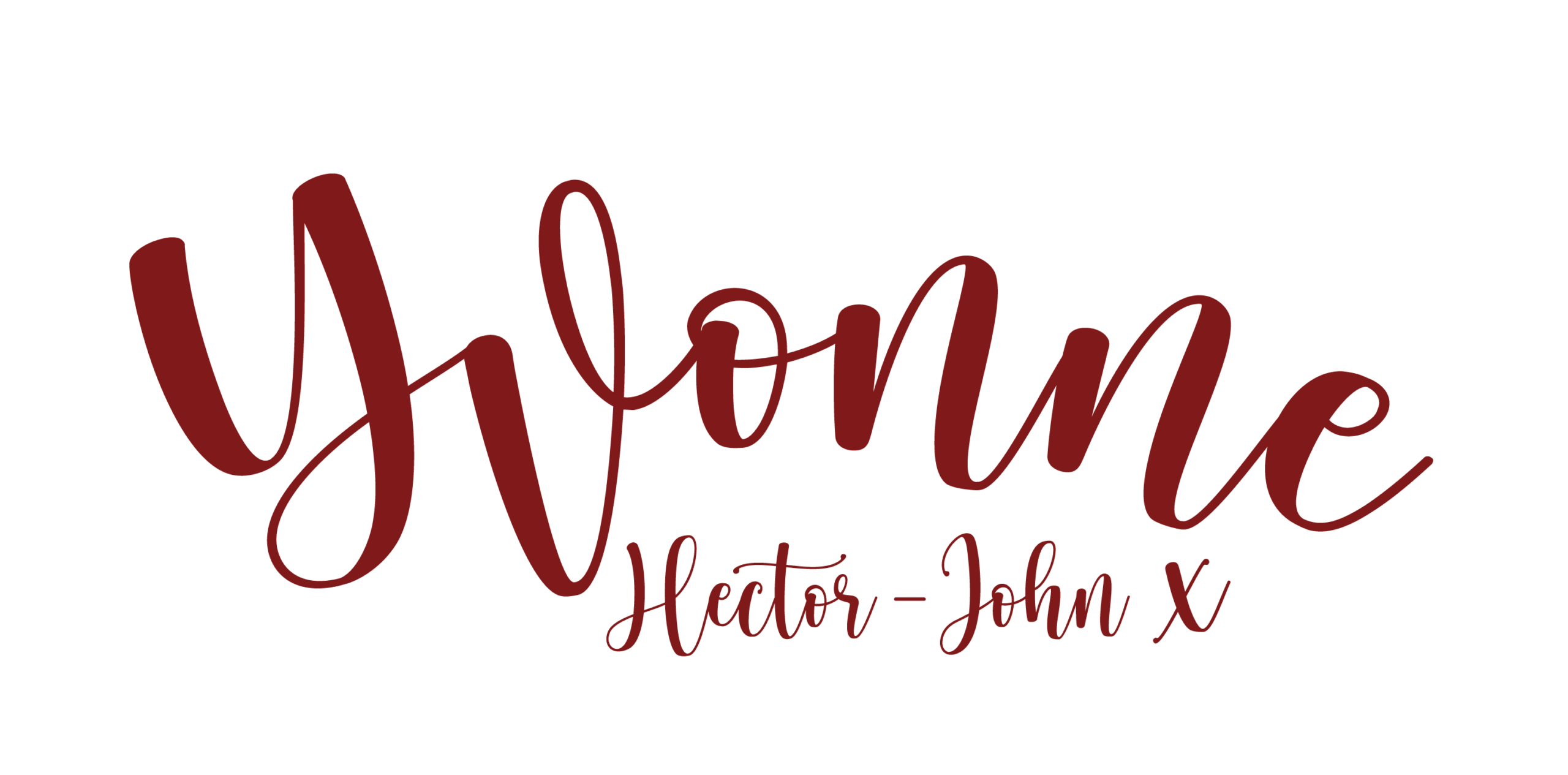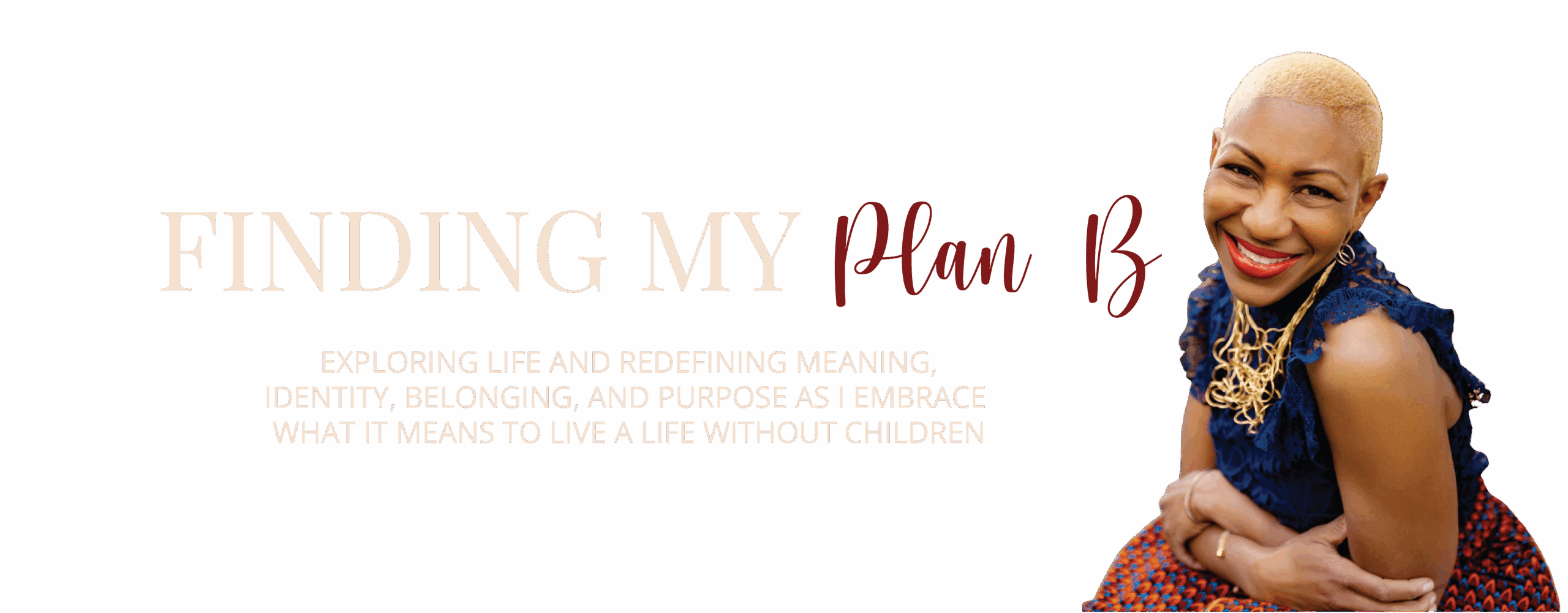I was contacted a few months ago by Eirlys explaining that the W channel are producing a show on miscarriage fronted by Myleene Klass. They had come across my work and asked if I’d be interested in being filmed being interviewed by Myleene for the documentary.
Umm let me think about this??? HELL YES!!!
Being aware that not all miscarriage journeys end with the “rainbow baby”, they wanted to incorporate the CNBC story into this documentary. They were also keen to film me being interviewed by Nina Malone from Dope Black Mums, and after a number of telephone conversations with Eirlys we arranged for the filming to take place, at a studio in London, on Wednesday 11th August.
Miscarriage isn’t part of my story so I embarked on a discovery journey to hear from women where miscarriage was the end of their fertility journey.

“My only job was to hold onto the embryo and I couldn’t even do that”
I found that there is a lot of blame, both internally and culturally, where fertility or infertility can often be seen as the women’s fault. It was heart wrenching to hear from the women I spoke to describe their journeys as “not having children feels rubbish as I wasn’t able to carry the line on” “I failed at being a wife”, “my only job was to carry the embryo and I couldn’t even do that”. It dawned on me that miscarriage is attached to failure in so many different ways. With the feelings that “our bodies have failed us”, that “our bodies were inhospitable to our own babies” demonstrates how complicated grief can be when you are on this path, if you do allow yourself to grieve that is. Some women will question “who am I to grieve when I’ve failed my baby?”.
“I am a mother (at heart) and I’m not allowed to talk about the loss”
Having undergone 2 terminations in the past, which Jody Day so compassionately describes as an involuntary miscarriage, I began to see the parallels in the stories of women who have miscarried with my own experiences of grieving the loss of motherhood whilst hiding the “shame” of my past. Our bodies carry the memories of our pregnancies and our bodies know of, and will remember, the loss. We never got to meet our children, never got to know if how we imagined what they’d look or who they’d grow up to be, was accurate. We never got to see if our dreams for them came true.
Making the invisible visible
There’s an invisibility of these experiences, poor support services and ignorance around miscarriage, including a lack of the physiological understanding of what women have gone through. One woman told me that the only support she received after having 3 miscarriages was her GP saying “well I’ve had 2 (miscarriages)” like somehow the fact that the GP had got through it and was alive to tell the tale meant that this woman would get through it too. It’s not uncommon to feel that you have to move on from this but “how do I do that when I don’t have a child to focus on???”. The reflection from one woman saying that she wished the medical professionals would change the name of the procedure ‘evacuation of retained products of conception (ERPC)’) as “that was my child” is held close in my heart.
The loss associated with miscarriage isn’t recognized and honored in (other) people’s lives. Women (who have miscarried) find that they are showing up and celebrating the joy in their friends lives, kid’s birthdays, key milestones etc., and are painfully aware that no-one is remembering or even acknowledging their losses. Imagine the friends who were pregnant at the same time where one miscarriaged and the other went on to have a success pregnancy, now think about the milestones’ that one woman gets to celebrate whilst the friend looks on from the sidelines, silently hiding the painful reminder of her loss, wondering what her child would have looked like, knowing that she’ll never get to celebrate with her friends or even have her friends celebrate her in this way. “I am showing up and celebrating your joy I want you to honor this part of my life in the same way that not having children means for me as it is not always easy to hold your joy (due to my loss)… I want you to honor this part of my life in the same way that not having children means for me”. Their unborn children are their invisible babies and women who miscarry are asking for others to be present in their loss just as much as they are present in your lives with children. They are asking to have a shared moment too.
“I’m upset that I didn’t appreciate the small amount of pregnancy I had…”
Why is it that society gets to decide who is allowed to grieve? By only wanting to hear the miracle baby stories, we are silenced in telling our baby loss (through the many layers) stories too – we can disenfranchise ourselves without your help thank you very much. It’s time to start allowing these baby loss stories to be heard. It’s time to recognize the awkward full stop that the miscarriage journey, not ending in a baby, brings. Hearing “I didn’t know that I wouldn’t get pregnancy again and wished I’d treasured and grieved that pregnancy more” brought tears to my eyes.
It seems that people are trying to work out if this (disenfranchised) grief is acceptable which can sometimes be denied by the women who are experiencing this themselves. Women are asked “how far along were you?” as if there’s a point where miscarriage is acceptable. This can then diminish the experience because it was “only 5 weeks” like somehow, they were less attached at 5 weeks). I realised that an early loss can be more disregarded as it’s felt less important than a loss that ended further along in the pregnancy but our bodies will always remember that we held that child and (for some) our bodies know the joy experienced at hearing the words “you are pregnant”.
“What’s the point on dwelling on the loss because there’s nothing you can do about it; it won’t change anything!!!”
Jody Days’ blog; Miscarriage wasn’t part of the story it was the end of the story highlights the experience of miscarriage so tenderly. It can be hard when trying to think of the future after a miscarriage when everyone is trying to give you hope. I wonder if others think that we don’t have enough hope of our own that we need some more from you to help us get out of bed??? “I bought my husband a Father’s Day card from baby after hearing that the pregnancy test is weakly positive” – now that’s hope! While mothers will have the painful grief of wondering what that lost child would have looked like through their present child/ children, we grieve the loss of the children that we never got to see whilst hoping that we will survive this heart wrenching pain.
The awkward full-stop
In her blog Jody mentions that ‘one of the kindest things you can do for a woman who has experienced miscarriage, early-term loss… is not to forget about it – because she won’t. Please don’t forget that for those of us who remain childless after such a loss, we are mothers in our hearts too. We never forget our losses as we learn to heal around them as we move on with our lives. Please tread carefully with your assertions and understand our loss as you’ll never know what it’s like to inhabit the stigmatized identity of the forever childless woman. For many of us, miscarriage wasn’t part of the story, it was the end of the story…’
Thank you to the women who bravely shared their stories with me, you are amazingly brave super women and I admire you all for who you are. I hold all the women who were not able to share their stories at this time, you too are amazingly brave super women and I admire you all for who you are.

- Click here if you’d like to know more info on the GW reignite weekends
- Click here if you’d like to know more about World Childless Week
- Keep an eye out on more information about the ‘Myleene, Miscarriage and Me’ documentary due to be broadcast on October during baby loss week




Beautifully captured and expressed Yvonne. X
Thank you Reena x